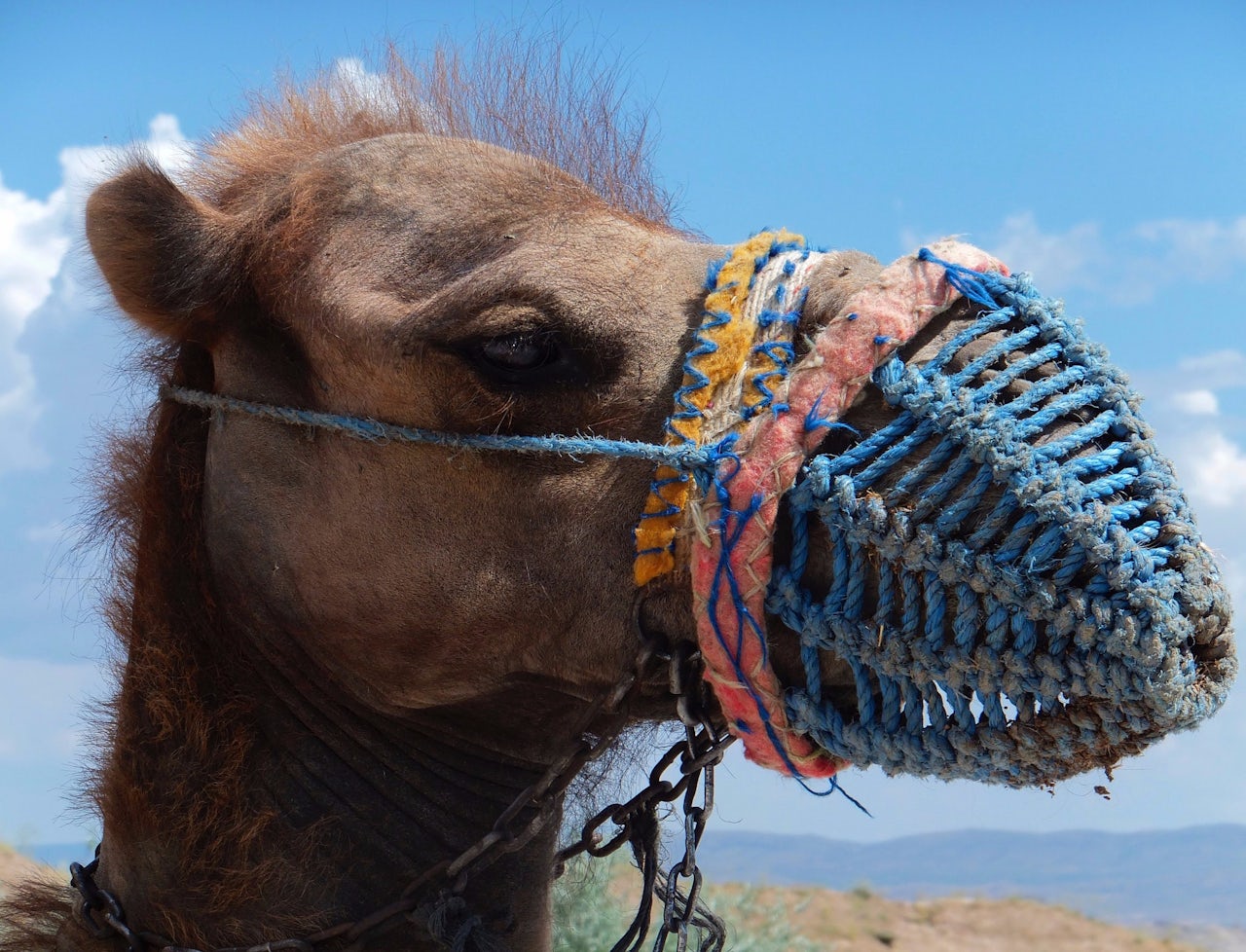A North American nation elected a leader known for hostility to science and affection for the domestic oil industry. After the new administration took power, government scientists stopped speaking freely to the press. Questions had to be sent by email and routed through central approval. Scientists were told not to talk about hot-button issues including climate, oil, forestry, and other environmental concerns. They had to get approval to attend scientific conferences. Before submitting to peer-reviewed journals, they were asked to submit keywords and predict policy implications of their work to higher-ups. Some were even asked to omit certain information from publications. The scientific community called it “muzzling.”
That’s what happened in Canada after Prime Minister Stephen Harper was elected in 2006. And now it’s happening here under President Donald Trump, starting with the US Department of Agriculture.
According to an internal email sent Monday and obtained by BuzzFeed News, the Agricultural Research Service, which is responsible for about half of the agency’s $2.5 billion research and development budget, is shutting itself off from the public. No communication is to go out about taxpayer-funded research “starting immediately and until further notice.” Media requests will go through the central office in Washington, DC.
There is little doubt that this muzzling is in line with the wishes of the Trump administration. President Trump has expressed skepticism about man-made climate change and cozied up to anti-vaccination advocates, two positions that have been thoroughly rejected by the scientific community based on a surplus of evidence. His vice president, Mike Pence, has shown a consistent preference for dogma over facts. The administration already had its first bout with scientists before the inauguration, when an organized group downloaded climate data from government websites as a safeguard against censorship.
Some foresaw that Trump might try to muzzle scientists. Canadian scientists warned their US counterparts about dealing with an anti-science government back in December. When the Trump transition team requested the names of Energy Department employees who attended climate meetings, the department refused. A month later, outgoing Energy Secretary Ernest Moniz announced a seven-page “scientific integrity” policy for the agency centered on the principle that “all scientists, engineers, or others supported by DOE are free and encouraged to share their scientific findings and views.” Nineteen federal agencies have similar policies, but the Trump team’s hasty overhaul of Whitehouse.gov wiped out the Scientific Integrity page without redirecting or replacing it, so here is the Internet Archive link instead.
In Canada, muzzling was followed by government funding cuts and thousands of scientist layoffs. This was attributed to a government that had little respect for science and wanted to micromanage the messaging around it. This approach continued for almost a decade. When Justin Trudeau was elected prime minister in 2015, he immediately changed the policy (although the implementation was reportedly “uneven” at first).
Canada is a world leader in scientific publications and discoveries, but the US still dominates science internationally. Therefore, any muzzling will have effects around the world.
The global science community will be watching to see what happens to public information coming out of the federal departments that do the most scientific research, including the National Institutes of Health, the Energy Department, the Defense Department, and the National Science Foundation. The ARS focuses on research around nutrition, pest control, food safety, agricultural disease, natural resources, and sustainability. If its work is considered too dangerous for public consumption, we can expect similar censorship for agencies engaged in more controversial research, such as that around climate and oil. And if the Trump administration follows the pattern seen in Canada under Harper, we should expect a slow silencing followed by culling.
Update: The USDA's research arm rescinded the gag order, saying it was “flawed.” However, other agencies are stil under imposed silence and scientist groups are still concerned about muzzling.
